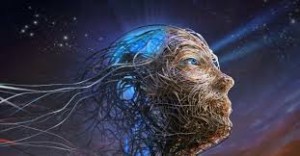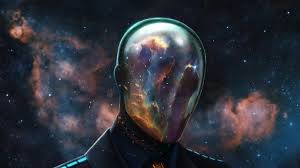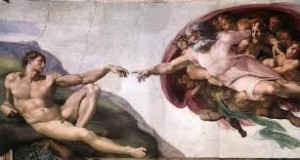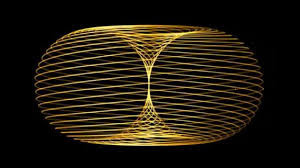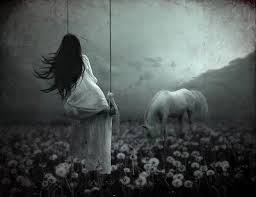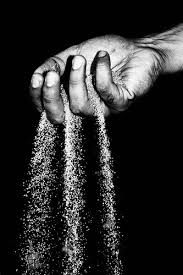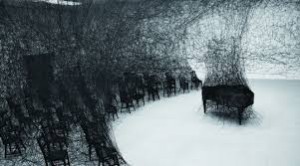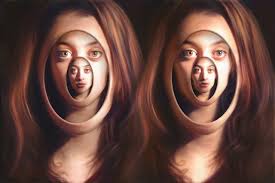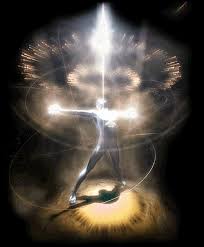Environmental questions are being raised about human’s effects upon the world in which he or she lives. There is, however, an inner environment that connects all consciousnesses that dwell upon our planet, in whatever form. This mental or psychic — or in any case nonphysical — environment is ever in a state of flux and motion. That activity provides us with all exterior phenomena.
Our sense perception, physically speaking, is a result of behavior on the part of organs that seem to us to have no reality outside on their relationship with us. Those organs are themselves composed of atoms and molecules with their own consciousnesses. They have, then, their own states of sensation and cognition. They work for us, allowing us to perceive physical reality.
Our ears certainly seem to be permanent appendages, and do our eyes. We say: “My eyes are blue,” or “My eyes are small.” The physical matter of those sense organs changes constantly, however, with us none the wiser. While our body appears quite dependable, solid, [and] steady, we are not aware of the constant interchanges that occur between it and the physical environment. It does not bother us one whit that the physical substance of our body is made up of completely different atoms and molecules than it was composed of seven years ago, [say], or that our familiar hands are actually innocent of any smallest smidgen of matter that composed them [even in recent times past].
We perceive our body as solid. The very senses that make such a deduction are the result of the behavior of atoms and molecules literally coming together to form the organs, filling a pattern of flesh. All other objects that we perceive are formed in their own way in the same fashion.
The physical world that we recognize is made up of invisible patterns. These patterns are “plastic,” in that while they exist, their final form is a matter or probabilities directed by consciousness. Our senses perceive these patterns in their own ways. The patterns themselves can be “activated” in innumerable fashions. There is something out there to observe.
Our sense apparatus determines what form that something will take, however. The mass world rises up before our eyes, but our eyes are part of that mass world. We cannot see our thoughts, so we do not realize that they have shape and form, even as, say, clouds do. There are currents of thoughts as there are currents of air, and the mental patterns of man’s and women’s feelings and thoughts rise up like flames from a fire, or steam from hot water, to fall like ashes or like rain.
All elements of the interior invisible environment work together, and they form the temporal weather patterns that are exteriorized mental states, presenting us locally and en masse, then with a physical version of man’s emotional states.
The physical planet is obviously also ever-changing while it is operational or realistically or pragmatically relatively stable. The physical matter of the planet is also composed of literally infinite hoarders of consciousnesses — each experiencing its own reality while adding to the overall cooperative venture.
Natural disasters represent an understandably prejudiced concept, in which the vast creative and rejuvenating elements important to planetary life, and therefore to humankind, are ignored. The stability of the planet rests upon such changes and alterations, even as the body’s stability is dependent upon, say, the birth and death of the cells.
It is quite obvious that people must die — not only because we would overpopulate our world into extinction but because the nature of consciousness requires new experience, challenge, and accomplishment. This is everywhere apparent in nature itself. If there were no death, we would have to invent it — for the context of the self-hood would be as limited as the experience of a great sculptor given but one hunk of stone.
The sculptor’s creation is pragmatically realistic, in that it exists as an object, and can be quite legitimately perceived as can our world. The sculptor’s statue, however, comes from the inner environment, the patterns of probabilities. These patterns are not them selves inactive. They are possessed by the desire to be-actualized. Behind all realities there are mental states. These always seek form, though again there are other forms than those we recognize.
A chair is a chair for our purposes. As you read this blog you most probably lounge on a chair or couch or bench — all quite sturdy and real. The atoms and molecules within those chairs and couches are quite alert, though we do not grant them the quality of life. When children play ring-around-the-rosy, they form living circles in the air. In the game they enjoy the motion of their bodies, but they do not identify with those swirling circles. The atoms and molecules that make up a chair play a different kind of ring-around-the-rosy, and are involved in constant motion, forming a certain pattern that we perceive as a chair.
The difference in motion are so divergent that to us the chair, like our body, appears permanent. The atoms and molecules, like the children, enjoy their motion — solidly sketched in space from our perspective, however, with no “idea” that we consider that motion a chair, or so use it.
We perceive the atoms’ activity in that fashion. [Nevertheless] the agreement takes place at mental levels, and is never completely “set,” though it appears to be. No one perceives the same chair [all the time], though perhaps a given chair will seem to be “the same one” seen from different angles.
The dance of the atoms and molecules is continuous in our area. In greater terms, any given chair is never the same chair. All of this must be taken into consideration when we discuss mass events.




